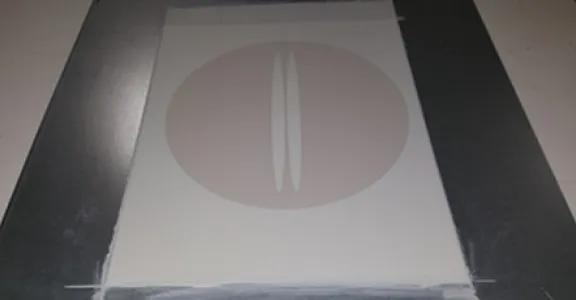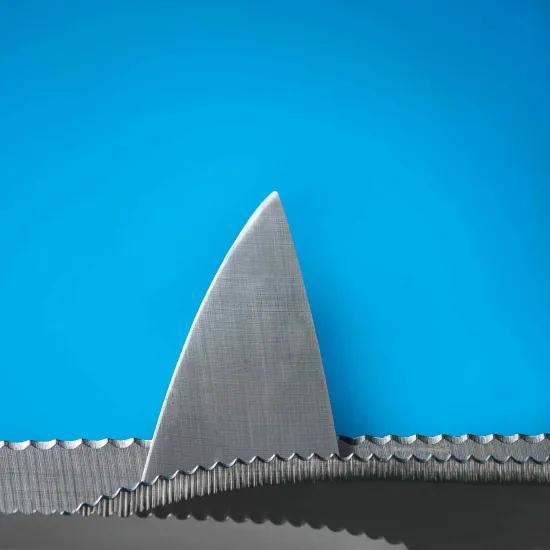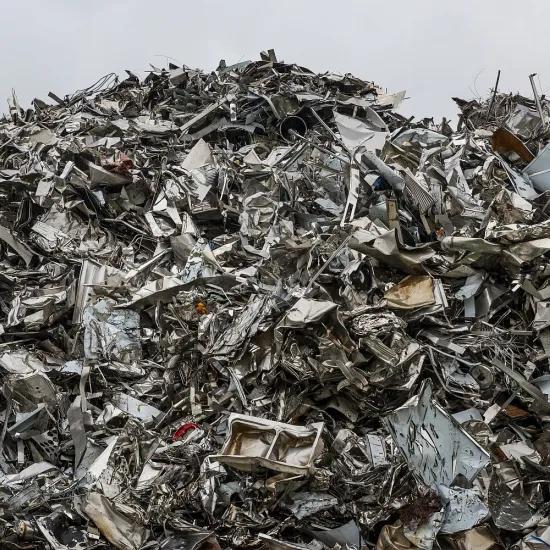Arcelor Mittal, an international steel group and the largest steel producer in the world, is examining how to integrate the opportunities offered by the digital revolution to increase its performance by improving traceability, reducing costs related to loss of information between operators and proposing new functionalities related to the recent development of the Internet of Things.
The construction sector, which is a major consumer of steel, faces a number of challenges, including the need to reduce interoperability costs, the development of new tools such as BIM (Building Information Modelling), the evolution of European requirements in terms of product marking, the need for new products and intelligent and interactive solutions for applications in the Internet of Things. Confronted with these challenges, digital technologies offer new opportunities.
One of the particularities of the construction sector is that it covers a complex chain of actors, including material manufacturers, distributors, constructive product manufacturers, installers, contractors and their sub-contractors right through to land developers and the end users of the buildings. The lack of interoperability ensuring proper management of information generates significant costs, estimated at nearly €2/m² in the specific case of steel.
Intelligent, networked steel
The MECATECH « e-METAL » project sets out to implement solutions that make it possible to mark construction components, store the information on items and thereby ensure evolution and monitoring over time. It is RFID (radio-frequency identification) technologies that have been selected to deal with this type of information flow but with a twofold technical difficulty: on one hand the presence of metal near the antenna requires the development of specific architecture, and on the other hand, this addition in the metal sheeting must be completely inconspicuous even invisible.
The ways to overcome these technical difficulties have been studied for two years with important work provided by partners such as ARCELOR, Dequenne Chimie, IT-Optics, Open-Engineering, CRM, UCL, Multitel, and of course Sirris.
The project consists of integrating new ultrafine, invisible and low-cost RFID antennas into steel construction products, manufactured using printed electronic processes and compatible with existing readers and current standards for information management.
Within the context of this project, The Sirrus Product Hub has contributed its expertise in Printed Electronics through screen printing, both for RFID antenna printing as well as for the depositing of the dielectric layer as well as assembling the RFID chips.
With intelligent, RFID networked steel for interactive, wireless traceability in the construction sector, it represents a new era opening up for construction steel: e-metal.




